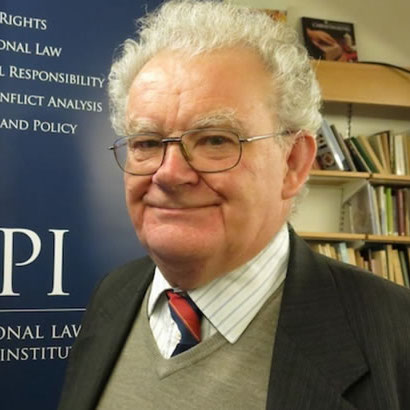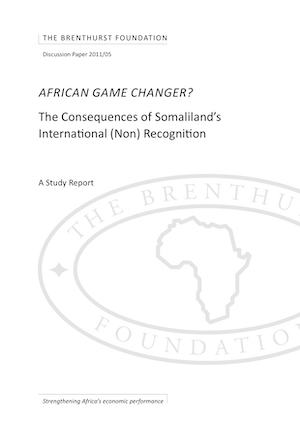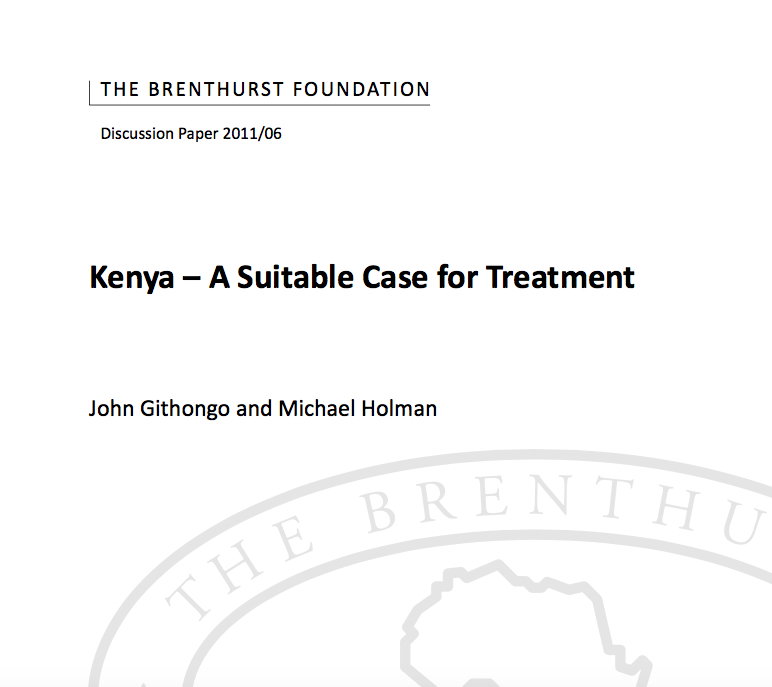Publications
African Game Changer? The Consequences of Somaliland's International (Non) Recognition

Vice-president at the Washington-based Atlantic Council

Former President and CEO of the NEWSEUM, USA

Professor, Copenhagen University, Denmark

Professor of African Studies, University of Cambridge

Chair: Brenthurst Foundation Advisory Board, and former deputy chair of the African Union Commission, Rwanda

Director, The Brenthurst Foundation

Freelance Photographer, US/UK
This study report is based on a series of field trips to the region conducted by the Brenthurst Foundation over several years, most recently in Somaliland in June 2011.
The publication of this Paper coincides with two important anniversaries this week in the history of Somalia/Somaliland: the (short-lived) independence of British Somaliland as the State of Somaliland on 26 June 1960, and unification with Italian Somalia to form the Somali Republic five days later on 1 July 1960.
This Paper considers how recognition – or continued non-recognition – will affect Somaliland’s prospects for peace and stability as well as the interests of the international community. It also asks whether there is an alternative to full recognition, and what a strategy to achieve recognition might look like. It argues that Somaliland's recognition should not threaten a 'Pandora's box' of secessionist claims in other states. Instead, recognition offers a means to positively change the incentives for better governance, not only for Somaliland, but also in south-central Somalia.
The Paper’s authors acknowledge that recognition would not fully address Somaliland’s myriad challenges, such as the threat posed Al-Shabaab or the territory’s deep-rooted social and economic problems. Nevertheless, recognition of Somaliland would, they argue, illustrate that African borders, far from being sources of insecurity, can be a source of stability and enhanced state capacity. In that respect, the recognition of Somaliland would be an African game changer.


